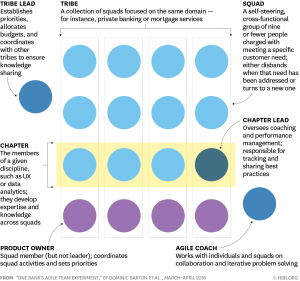Connect with us on LinkedIn for updates and the latest industry news
We’re experts in Highly Effective Teams. We’ve honed our expertise and our point of view over 10 years as Team Green working in and with teams across the globe. We’re confident our Highly Effective Teams framework has great results and unlocks team potential. (Leading Edge Approach to Highly Effective Teams)
And yet, over the last few weeks, we’ve found ourselves discussing the various different interpretation of the word Team. Should be easy and simple enough eh? But we’ve seen more of more use of the word Team as a shorthand for the coming together of any number of individuals, often with quite different levels of regularity and with significantly different commonality and purpose between ‘team members’.
Maybe, they’re not all Teams? Maybe some of them are collaborative groups, working parties, committees. And that clarity matters in terms of the way they are treated and expected to ‘behave’ in an organisation and together. We’ve seen teams (who maybe are project groups?) constrained by employee engagement frameworks; teams (maybe more committees?) confused by the expectations of equal-voice collaboration when they have specialists who can make decisions.
ING bank now organises people by domain, customer need and function and describes these collectives as tribes, squads, chapters. (Harvard Business Review, Mar-April 2018) Squads and individuals are supported by an Agile Coach (aka Team Coach I reckon!) to ‘work …on collaboration and iterative problem solving’.

People organisation into Tribes Squads Chapters at ING BANK
That sounds like a step in the right direction. Clarifying distinctions between ‘types of teams’ allows the members and the stakeholders to be clear on the rights and responsibilities that come with ‘membership’.
It prevents sleep walking into overlaying of cultural and organisational ‘ways of working’, that are grounded in good intention but stifle and restrict the business in hand and instead allows for agility to work in the most impactful way.
Next time you start to form a Team … maybe just pause and work out, ‘do I mean ‘Team’?’



